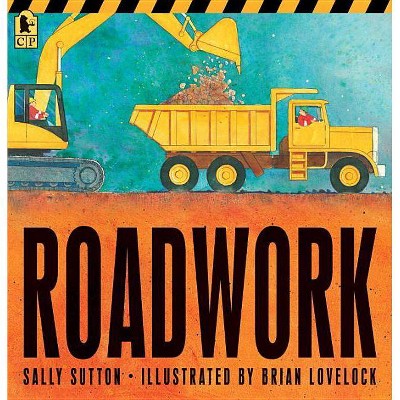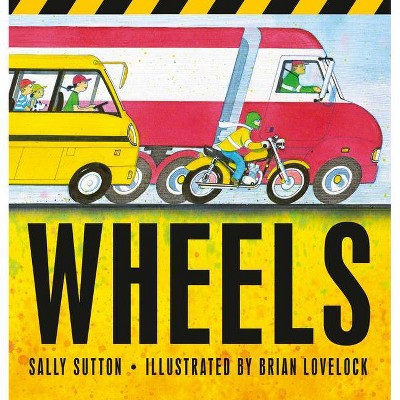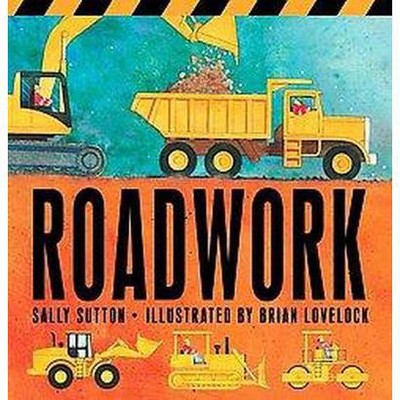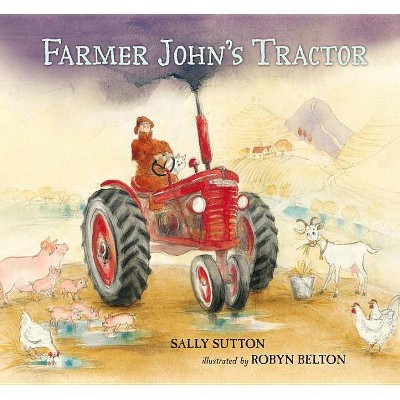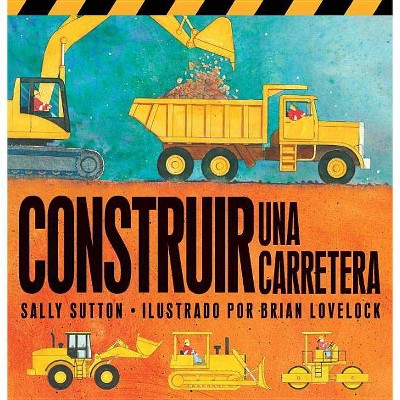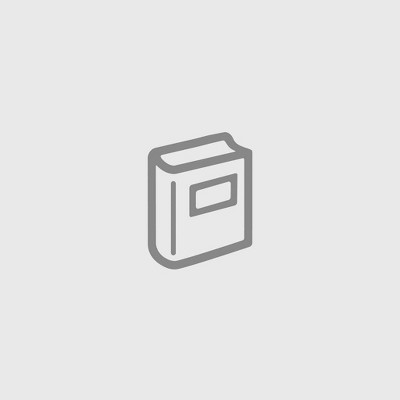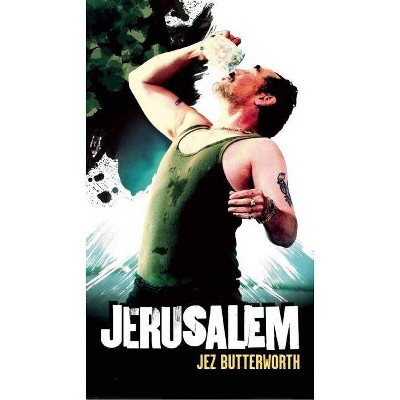Self-Supply - (Open Access) by Sally Sutton & John Butterworth (Paperback)
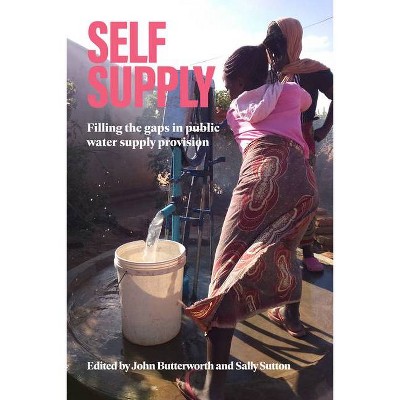
Similar Products
Products of same category from the store
AllProduct info
<p/><br></br><p><b> About the Book </b></p></br></br>Self Supply highlights the approaches used where governments have recognised self-supply, illustrating key technological and socio-economic issues.The book focuses on sub-Saharan Africa where self-supply is especially relevant to the urgent challenge of extending water services to all, as demanded by the Sustainable Development Goals.<p/><br></br><p><b> Book Synopsis </b></p></br></br>While governments and development partners focus on improving community and utility-managed water supplies to ensure access for all, hundreds of millions of people are taking actions to supply their own water. In the WASH sector household investment in construction and improvement of facilities is widely employed in sanitation but in water similar efforts are ignored. Recognition of the contribution of self-supply towards universal access to water and its full potential, is hampered by a lack of data, analysis and guidance. This well-reasoned source book highlights the magnitude of the contribution of self-supply to urban and rural water provision world-wide, and the gains that are possible when governments recognise and support household-led supply development and up-grading. With limited public finances in low- (and many middle-) income countries, self-supply can fill gaps in public provision, especially amongst low-density rural populations. The book focuses on sub-Saharan Africa as the region with the greatest predicted shortfall in achieving the 2030 Sustainable Development Goal for water. Household supplies can be created, or accelerated to basic or safely managed levels, through approaches that build on the investment and actions of families, with the availability of technology options and cost-effective support from the private and public sectors. The role of self-supply needs greater recognition and a change in mindset of governments, development partners and practitioners if water services are to be extended to all and no-one is to be left behind. Sally Sutton has worked in rural water supply and sanitation in the Middle East and Africa for four decades. Her experiences of the parallel efforts of governments/ development partners and of households to improve water supplies were the motivation for this book. John Butterworth is the lead of the Global Hub at IRC, a think tank focused on improving water, sanitation and hygiene services. Case study examples are contributed by leading practitioners and observers in sub-Saharan Africa and beyond.
Price History
Price Archive shows prices from various stores, lets you see history and find the cheapest. There is no actual sale on the website. For all support, inquiry and suggestion messages communication@pricearchive.us
